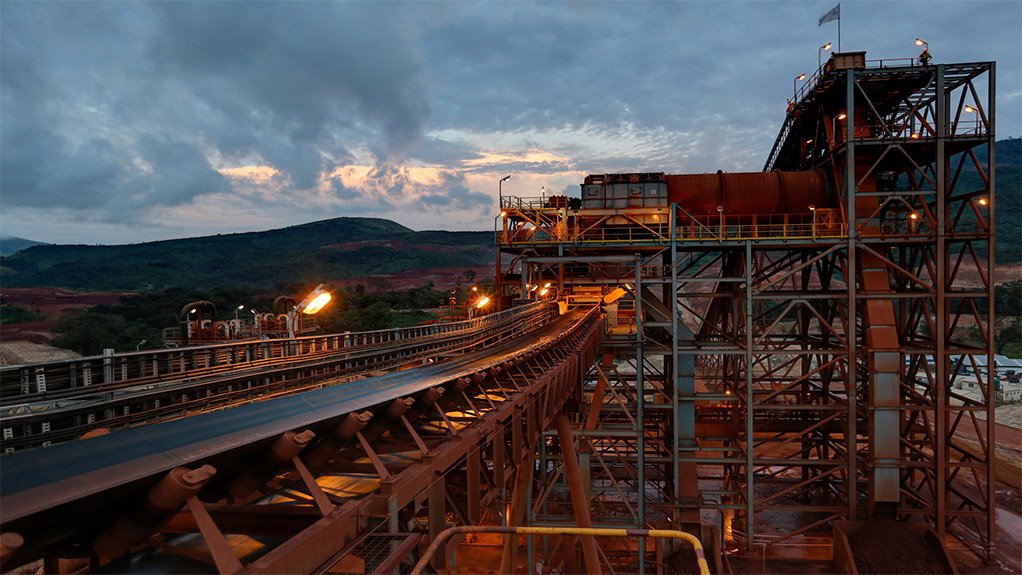JOHANNESBURG (miningweekly.com) – Law firm Norton Rose Fulbright South Africa director Lizel Oberholzer says the referral back to the National Assembly of the Mineral and Petroleum Resources Development Act (MPRDA) Amendment Bill, may potentially result in changes, unrelated to the substantive reservations raised by President Jacob Zuma, if a further round of public consultation persuades Parliament to make additional changes.
The Presidency earlier this week set out the reasons why Zuma had sent the Bill back to the National Assembly.
Speaking to Mining Weekly Online this week, she pointed out that Parliament is not free to redraft the Bill but has to limit its reconsideration of the Bill to the issues identified by Zuma; however, should the National Assembly agree with the President, it must accommodate his reservations about the Bill.
The National Assembly may also decline to change the Bill and refer it back to the President in the original form or with only some of the substantive reservations addressed. In this situation, the President must either assent to the Bill or refer it to the Constitutional Court for a ruling on its constitutionality
“Although most of the President’s reservations concern narrow substantive issues, it is possible that we may see unrelated changes to the Bill based on the further consultation that is carried out in the National Council of Provinces, including changes to the controversial oil and gas sections,” she added.
Oberholzer believed that, in the long term, it would be “the best course” to entirely remove the oil and gas sections from the MPRDA and to have a separate legal framework for oil and gas.
“There are also immediate and pressing legislative concerns for oil and gas. In my view, investment in the sector would be promoted by appropriate changes to the MPRDA together with a long-term agenda to separate petroleum from the MPRDA,” she pointed out.
However, she stressed that it would not be possible to sever oil and gas from the MPRDA during [the referral].
“It will not be possible to re-design the regulatory framework in this process. If government were to separate minerals and petroleum regulation, a new Bill would need to be introduced and passed according to the ordinary processes. It would probably take the form of a draft petroleum law that simultaneously repeals the petroleum sections of the MPRDA,” she said.
On Monday, the Presidency stated that the amended legislation elevated the Codes of Good Practice for the South African Minerals Industry, the Housing and Living Condition Standards for the Minerals Industry and the Amended Broad-Based Socio-Economic Empowerment Charter for South African Mining and Minerals Industry to the status of national legislation.
It also noted that the MPRDA was also likely unconstitutional as amended Sections 26(2B) and 26(3) appeared to be inconsistent with South Africa's obligations under the multilateral international trade regulation agreement General Agreement on Trade and Tariffs (GATT).
It would also be inconsistent with the Trade, Development and Cooperation Agreement, a bilateral agreement signed between the European Union and South Africa, in 2004, which covered trade relations, development cooperation, economic cooperation and numerous other fields such as socio-cultural cooperation and political dialogue.
Because Parliament is free to formulate its own programme for reconsideration of the Bill, the time the Bill would remain with Parliament would depend on the importance it attached to this issue. “I would not be surprised if we saw the matter resolved quite quickly,” Oberholzer concluded.
EMAIL THIS ARTICLE SAVE THIS ARTICLE FEEDBACK
To subscribe email subscriptions@creamermedia.co.za or click here
To advertise email advertising@creamermedia.co.za or click here













